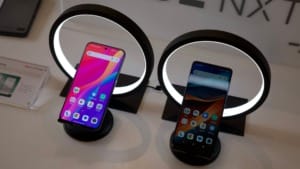Google is reportedly making its own processors for Chromebooks and Pixels
Reports claim that Google could be developing its own processor that could be used to power Google’s Pixel phones as early as 2021, while later versions of the processor could be used in Google...
Reports claim that Google could be developing its own processor that could be used to power Google’s Pixel phones as early as 2021, while later versions of the processor could be used in Google Chromebooks, a report from Axios revealed.
Apple has been using its own processors in most of its devices, and it seems like Google is planning something similar. According to Axios, the chip, which is apparently codenamed “Whitechapel”, maybe an eight-core ARM processor that is built using Samsung’s 5-nanometer process.
This processor could be optimized to operate Google’s machine learning technology and may even have a portion chip that is designated to improve the performance of Google Assistant, the same report stated.
Google has been making chips for other functions in its devices, but several of its Pixel phones have a security chip named Titan M, for example, while the Pixel 4 uses a coprocessor called the Pixel Neural Core.
Currently, the main processor for Google’s Pixels is made by Qualcomm. Switching to a custom processor specifically designed by Google to optimally run Google’s services and software could improve the user experience of Google’s future hardware, the same way Apple’s A-series chips are optimized to run iOS.
This move may be a major blow to Qualcomm, which provides processors for most Android phones in the market, with some Samsung and all Huawei phones not carrying these chips by Qualcomm.
















